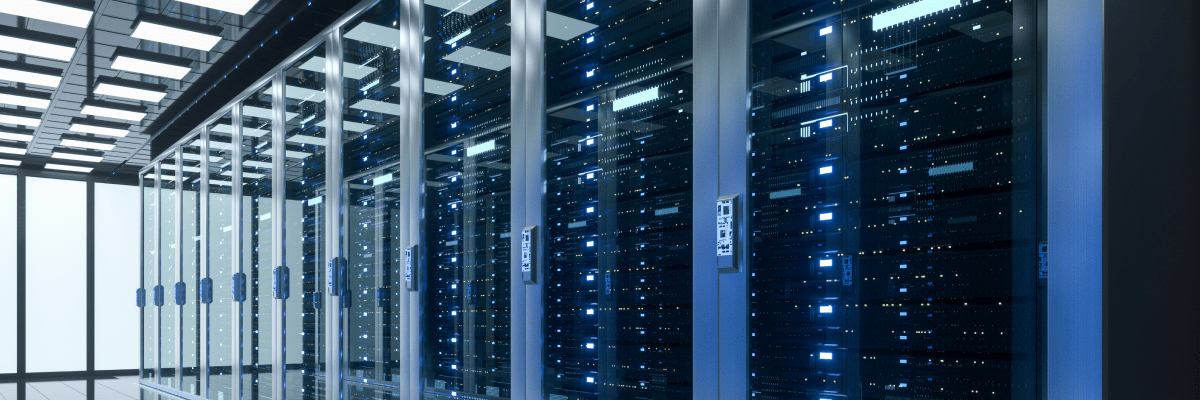The growth of artificial intelligence (AI) is exploding, and IT organizations are urgently trying to modernize and scale their data centers to accommodate the latest wave of AI applications, which would have a profound impact on the business of their companies. It’s a race against time. In the latest Cisco AI Readiness Index, 51 percent of companies say they have a maximum of one year to deploy their AI strategy or face a negative impact on their business.
Artificial intelligence is already changing the way businesses do business
The rapid growth of generative artificial intelligence over the past 18 months is already changing the way businesses operate in virtually every industry. For example, in healthcare, AI makes it easier for patients to access medical information, helps doctors diagnose patients faster and with greater accuracy, and provides medical teams with the data and insights they need to deliver the best quality of care. In the retail sector, AI helps companies maintain inventory levels, personalize customer interactions and reduce costs through optimized logistics.
Manufacturers are using AI to automate complex tasks, improve manufacturing yields and reduce production downtime, while in financial services, AI is enabling personalized financial advice, improving client care and turning branches into experience centers. State and local governments are also the beneficiaries of innovations in AI, which they use to improve services to citizens and enable more effective data-driven policymaking.
Overcoming complexity and other key barriers to deployment
While the promise of AI is clear, the way forward for many organizations is not. Enterprises face significant challenges in improving their preparedness. These include a lack of talent with the right skills, concerns about cybersecurity risks posed by AI workloads, long lead times to acquire the required technology, data silos, and data spread across different geographic jurisdictions. Much needs to be done to take advantage of the AI opportunity, and one of the first tasks for business is to overcome a number of significant barriers to deployment.
Uncertainty is one such barrier, especially for those still figuring out what role AI will play in their operations. But waiting for all the answers before starting the required infrastructure changes means falling further behind the competition. That’s why it’s important to start rolling out infrastructure now in parallel with your AI strategy planning activities. Evaluating an infrastructure that is optimized for AI in terms of accelerated computing, powerful storage and a reliable 800G network is a must, and leveraging modular designs from the outset provides the flexibility to adapt as these plans evolve.
AI infrastructure is also inherently complex, another common deployment barrier for many IT organizations. While 93 percent of enterprises recognize that AI will increase the burden on infrastructure, less than a third (32%) of respondents report high data readiness to adapt, deploy, and take full advantage of AI. This complexity is further exacerbated by the persistent shortage of AI-specific IT skills, which will make running data centers much more challenging. The AI Readiness Index reveals that nearly half (48%) of respondents say their organization is only moderately resourced and has the right level of internal talent to manage a successful AI deployment.
Adopting an open standards-based platform can radically simplify AI deployment and data center operations by automating many AI-specific tasks that would otherwise have to be performed manually by highly skilled and often limited resources. These platforms also offer a range of sophisticated tools that are purpose-built for data center operations and monitoring, reducing errors and improving operational efficiency.
Achieving sustainability is vital to the bottom line
Sustainability is another huge challenge to overcome as organizations evolve their data centers to handle new AI workloads and the computing power required to handle them continues to grow exponentially. While renewable energy sources and innovative cooling measures will play a role in keeping energy consumption under control, building the right artificial intelligence data center infrastructure is essential. This includes energy-efficient hardware and processes, but also the right purpose-built tools to measure and monitor energy consumption. As AI workloads become increasingly complex, achieving sustainability will be vital to the bottom line, customers and regulators.
Cisco is actively working to lower the barriers to AI adoption in the data center with a platform that addresses complexity and skill challenges while helping to monitor and optimize energy consumption. Learn how Cisco AI-Native Infrastructure for Data Center can help your organization build your AI data center of the future.
Share:
